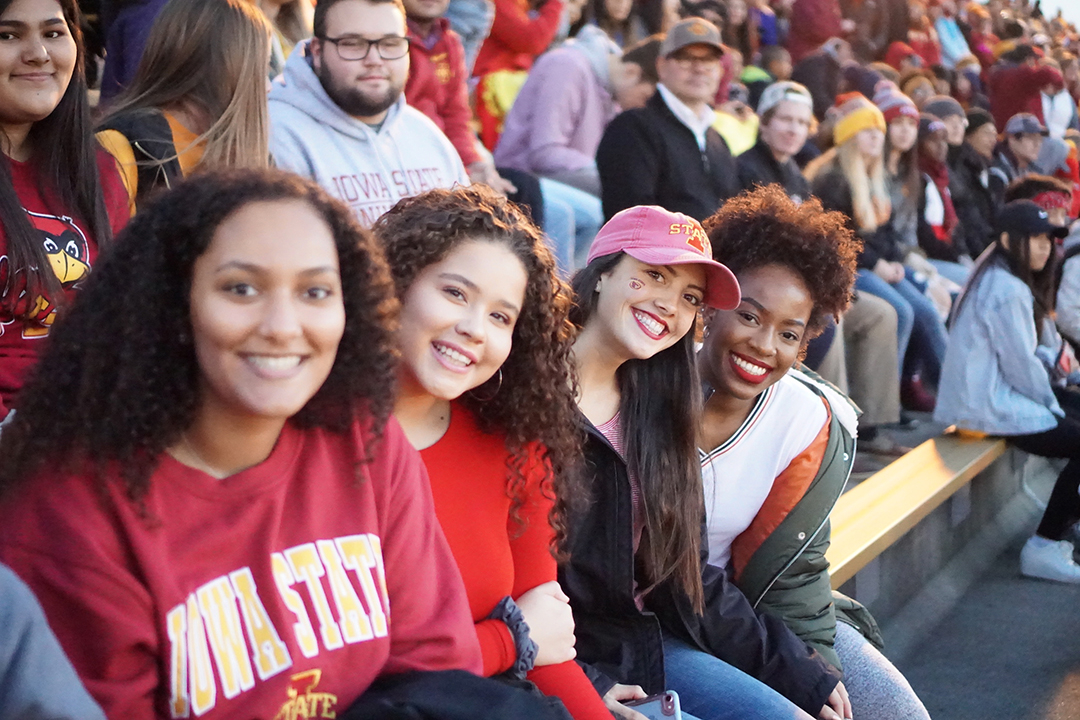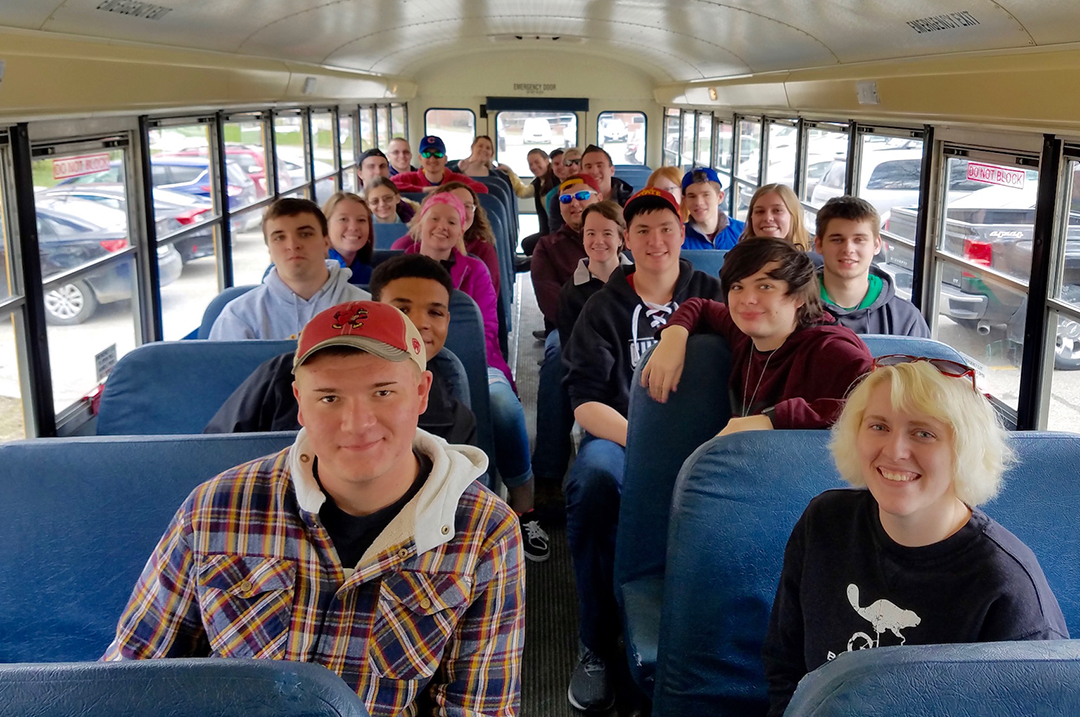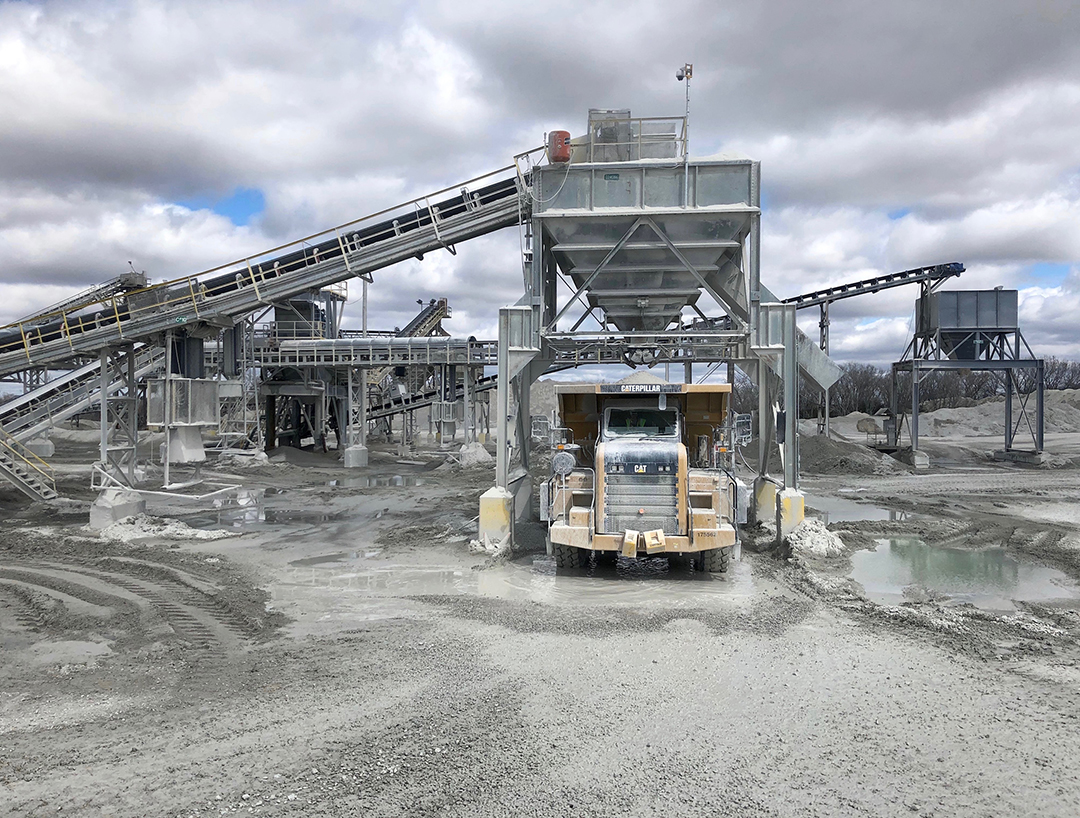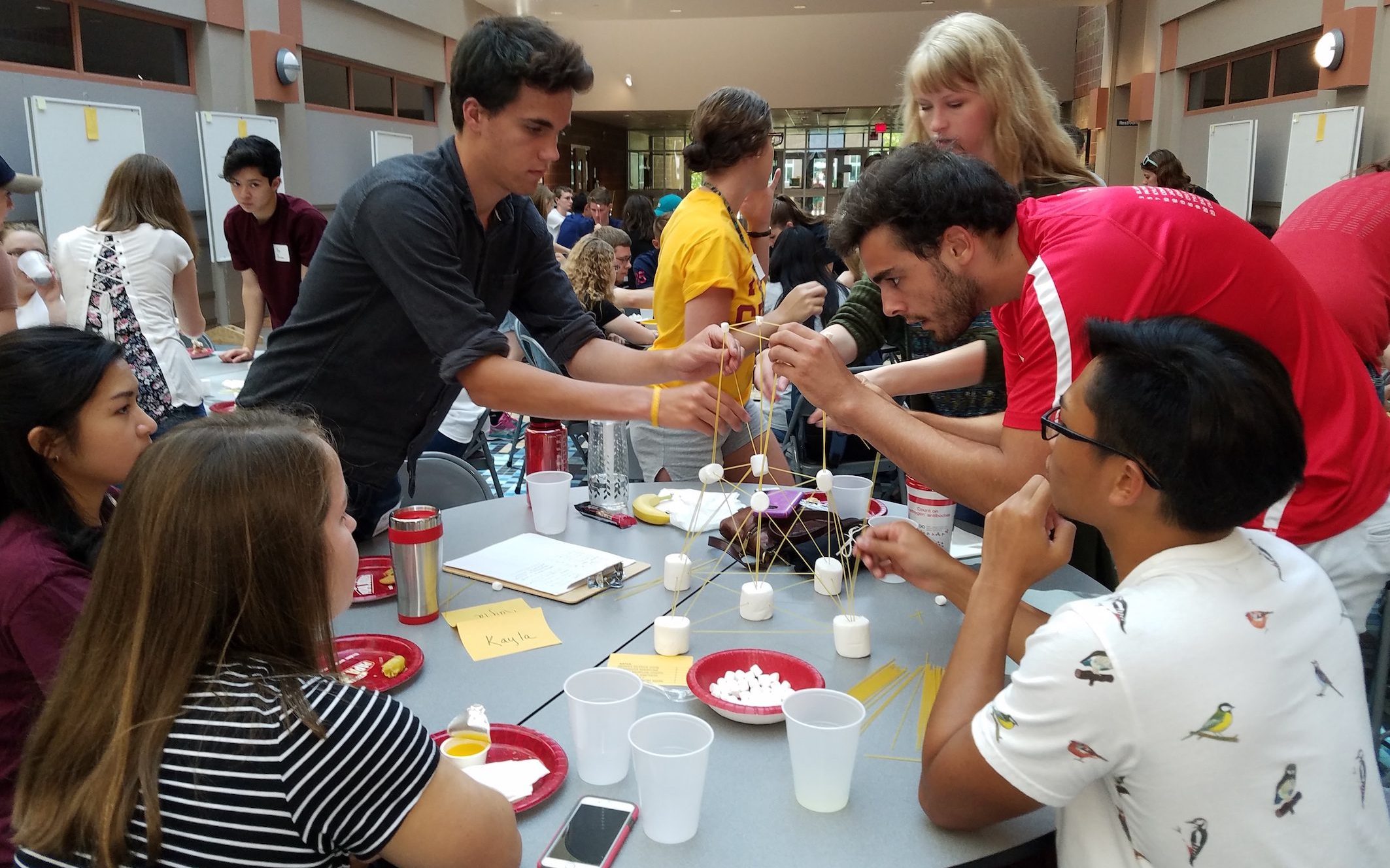How does a freshman land a research position at a national lab? Alex Leffel (’22 chemistry) has a simple solution: Iowa State University’s Chemistry Learning Community.
“The Chemistry Learning Community gave my freshman year a kick start,” Leffel said. “Because of it, I was fully aware of resources and opportunities I had at my disposal. It made me feel like I had a place in the department and that I was seen. I made friends, had questions answered and learned things I wouldn’t even think to ask about.”
By connecting with undergraduate researchers and department faculty in his learning community, Leffel was hired as a researcher this summer by the U.S. Department of Energy’s Ames Laboratory, working with exascale computing expert Theresa Windus, Distinguished Professor in the College of Liberal Arts and Sciences, professor of chemistry and Ames Laboratory associate. Now a sophomore, Leffel has new ideas for his future in science.
“I always thought that to do interesting research you would have to be in the lab every day with dangerous chemicals,” Leffel said. “Now I know there is a huge field of theory, as well as non-lab-based research jobs and positions that range from being a professor to working in a national lab.”
Creating Cyclone connections
Since 1995, more than 80,000 Iowa State students have connected with a learning community. Small groups, mainly first-year students with shared majors or common academic interests, take classes together and sometimes live in the same residence hall.

Iowa State has 90 learning communities. They range from Physics and Astronomy, which includes a field trip to the Argonne National Laboratory, to Bridging Opportunities in Leadership and Diversity (BOLD), a close-knit cohort for multicultural College of Liberal Arts and Sciences (LAS) students. During the 2018-19 academic year, approximately 900 first-year LAS students participated in learning communities.
“The Chemistry Learning Community gave my freshman year a kick start. Because of it, I was fully aware of resources and opportunities I had at my disposal.”
Jennifer Leptien, director of Iowa State learning communities, said strong campus partnerships and student leaders make the programs flourish.
“Our peer mentors, who are upper-level students, provide exceptional leadership and guidance to their student mentees,” she said. “Each of these components lead to greater student satisfaction, retention and graduation.”
A positive atmosphere in Earth, Wind and Fire
The Earth, Wind and Fire Learning Community for earth science, geology and meteorology students starts the Saturday before fall semester, when students gather for hands-on learning at a local park.
“We want students to feel they have a place on campus and that they can be successful within their majors,” said Dave Flory, associate teaching professor in the Department of Geological and Atmospheric Sciences. “The idea is for students to know each other before classes even start. When you walk in that first day, you’re not a stranger.”

Other highlights include a limestone mine tour, coffee meet-ups with faculty members, ice skating trips and a research project focused on Iowa rivers and streams. Meteorology students take core classes like calculus as a group.

“Parents and students are really excited when they hear we have a learning community,” Flory said. “They love the idea of students with similar interests going to the same sections of a class and forming that support.”
Earth, Wind and Fire also helps students discover new passions.
“We’ve seen some meteorology students start out committed to broadcasting and end up loving research,” Flory said. “Now those students are leaders at amazing research centers in the United States.”
Writing Gender inspires new perspectives
In the Writing Gender Learning Community, students study gender issues and engage with contemporary topics like the #MeToo movement and pay equity. Learning about influential women and feminist theory inspired Tia Saddler (’21 English, women’s and gender studies) to add a second major in the field.
“My learning community encouraged me to question the way the world functions and opened my eyes to the countless ways the past, present and future are affected by gender,” said Saddler, now a peer mentor for the learning community. “I learned there are always multiple perspectives for every concept. This gave me confidence in shaping my own opinions.”
Open to all majors, Writing Gender also helps students maximize academic credits. By simultaneously enrolling in Iowa State’s required English 250 course and Women and Gender Studies 201, learning community students get six credits while satisfying three university and LAS requirements.
“My learning community encouraged me to question the way the world functions and opened my eyes to the countless ways the past, present and future are affected by gender."
Peer mentors lead activities like welcome dinners, pumpkin carving, finals survival kits and Disney movie nights—discussing the films through a feminist lens—to nurture community outside the classroom.
“Peer mentors help with anything from ‘Where’s the best coffee on campus?’ to organizing study groups before exams,” said Christiana Langenberg, academic advisor for women’s and gender studies.
Making an impact
Learning communities are all about connections. Leffel, a recipient of the LAS Dean’s High Impact Award for Undergraduate Research, will stay on with the Windus lab group this year. He isn’t sure his early success would be possible without the initial support he received as a freshman.
Now, as a peer mentor this fall, he will help new chemistry majors connect with their own catalyst for success.
“I chose to be a peer mentor because of the influences that my peer mentors had on my life,” Leffel said. “I know what kind of impact a good peer mentor can have because I was impacted, and I hope to bring that experience to everyone I can.”
